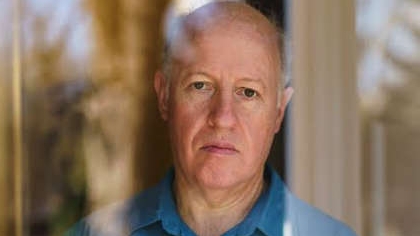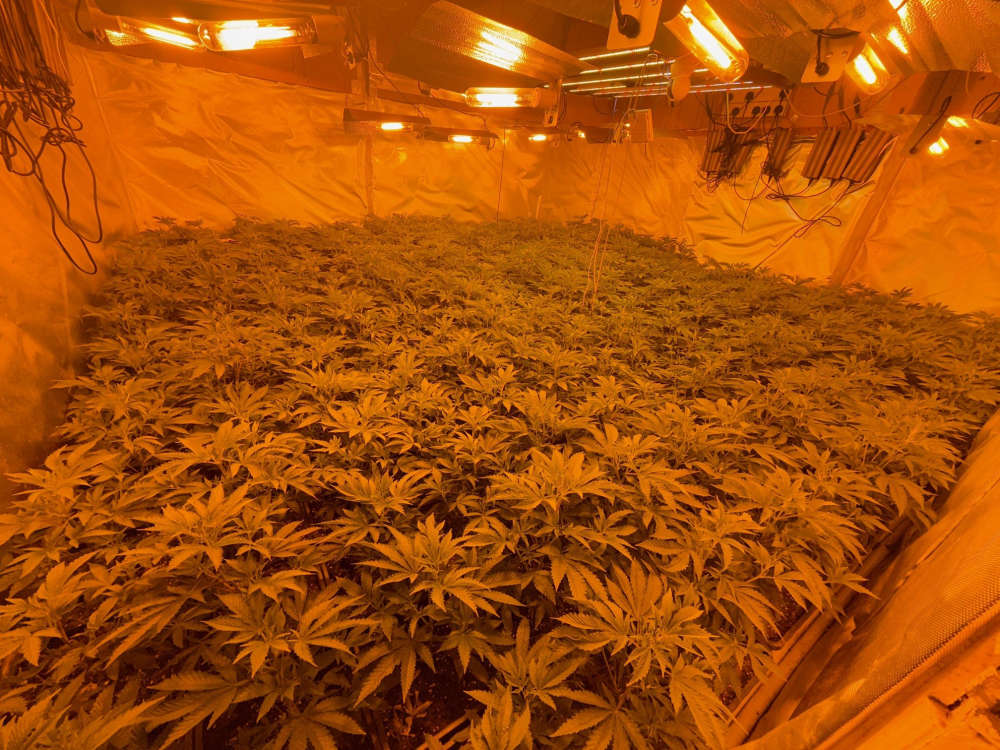
A Dukinfield-born scientist has been stripped of US government funding over experiments which experts believe may have sparked the Covid-19 pandemic.
Dr Peter Daszak - who was the president of EcoHealth Alliance - worked with scientists at the Wuhan Institute of Virology (WIV) in China on bat viruses.
The first Covid-19 outbreak happened just a few miles from the lab.
However, Dr Daszak has always maintained the Wuhan unit did not have viruses similar enough to Covid-19 to trigger the pandemic had they leaked.
Now - following an eight month probe - the US department of health and human services has cut off all funding and banned Dr Daszak and EcoHealth Alliance from applying for funds for five years.
The decision followed a US select committee ruling that the Covid -19 virus “probably emeged because of a laboratory or research-related accident”.
James Cromer, chairman of the house committee on oversight and reform, said: “Ecohealth and its former president should never again receive a single cent from the US taxpayer.”
He added: “Justice for the American people was served today.
“Bad actor EcoHealth Alliance and its corrupt former President, Dr. Peter Daszak, were formally debarred by HHS for using taxpayer funds to facilitate dangerous gain-of-function research in China.
“Today’s decision is not only a victory for the U.S. taxpayer, but also for American national security and the safety of citizens worldwide.” In recent years, Dr Daszak has described how his family received death threats and was placed on a ‘kill list’ due to his links with the Wuhan Institute.
He even claimed his wife and children had been included on the list posted on the internet forum 4Chan.

His decision to leave EcoHealth and the removal of funding has been condemned as ‘anti-science’ and ‘a victory for fascism’ by some commentators in the USA.
Last year, the US government banned WIV from receiving federal funds for ten years, accusing it of conducting hazardous experiments that boosted the power of coronaviruses before the pandemic.
The decision was made after documents surfaced suggesting scientists at the Wuhan lab had inserted new spike proteins into four bat coronaviruses, significantly increasing their viral activity.
EcoHealth Alliance has worked with Chinese researchers at WIV since 2005, shortly after the SARS outbreak.
The work aimed to identify wildlife sources of potentially threatening viruses and prevent similar global outbreaks.
The collaboration had approval from the US National Institutes of Health (NIH) and the US State Department.
Zoologist Dr Daszak - who lives in New York but was born in Tameside - studied at Bangor University in 1987.
He gained a Ph.D in parasitic infectious diseases at the University of East London in the early 90s.
In 2014 Dr Daszak and Ecohealth were awarded a US grant to fund a project titled ‘Understanding the risk of bat coronavirus emergence’.
However, such research was banned later that year over concerns the experiments could increase the infectiousness or severity of viruses.
Despite the ban, by the following year scientists in Wuhan had created a highly infectious virus that targeted the human respiratory tract.
They claimed that such research did not flout the ban.
However, despite years of research since the pandemic, scientists have been unable to prove whether the Covid-19 virus jumped to human from infected animals.
And the Wuhan database of viral strains was taken offline before the outbreak, so it has been impossible to check which viruses the team was working on or had created.
EcoHealth has long denied Covid-19 was caused by a virus leaked from the Wuhan unit.
A statement on the US-based organisation’s website says: “There is much being said about the lab leak theory—the theory that Covid-19 is a ‘man-made’ virus that originated from a laboratory, either purposefully or accidentally.
“While many Americans believe this to be proven, this simply reflects its tireless iterations in the press, often with unfounded and sweeping generalisations, and without any credible supporting scientific evidence”
And they added: “EHA and its subawardee, Wuhan Institute of Virology (WIV), were studying bat coronaviruses that were never shown to be capable of infecting humans; in fact, the degree of difference between SARS-CoV-2 and the closest bat coronavirus under study is about the same difference between human and chimp DNA.”


 Man Rescued From Bridge
Man Rescued From Bridge
 TransPennine Express steps in to keep passengers moving this Easter weekend
TransPennine Express steps in to keep passengers moving this Easter weekend
 New Timetables For Trains Across The North In May
New Timetables For Trains Across The North In May
 800 cannabis plants seized in Mossley
800 cannabis plants seized in Mossley



